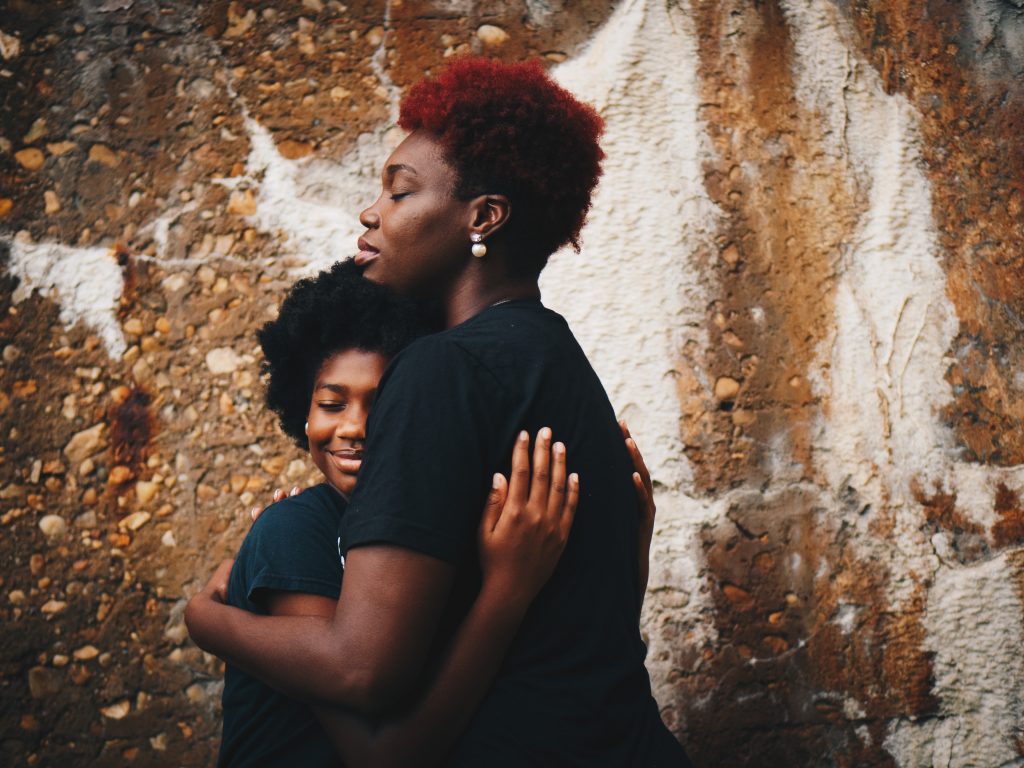Family Therapy Works!
There’s a lot that I’m not intimidated by. While I’m naturally a bit introverted, I’ve worked hard to talk in front of groups fairly comfortably. I’m not scared of Atlanta’s parking garages, elevators, or boats (unlike certain family members). I don’t enjoy shopping, but I can hit up an Ikea and come out alive and well. In my therapy practice, I can comfortably help clients tackle sticky issues like challenging relationships, infertility, abortion, depression, grief, and trauma. But what puts fear in my heart?
The idea of being in counseling with my parents.
And I’m not the only one. Quite often when I’m working with a kid or teen, I mention that a few family counseling sessions might help with improving communication or clarifying expectations or figuring out how to respectfully disagree with one another. And then I watch those teens as their faces go from open and interested and curious (because after all, teens are awesome if you’re not their parents) to shut-down, please-Dana-don’t-make-me-you-must-be-crazy-if-you-think-I’ll-do-that.
And I get it. Family therapy can be intimidating. Kids worry they’re going to get teamed up on or lectured. Often they hate their parents seeing them emotional and would really rather not cry in front of their parents. Teens already recognize there’s a lot they don’t control in their lives, and family counseling can appear—at first—to be another place where they won’t have control or a voice.
And yet. And yet. Family counseling can be powerful: healing, reinforcing and strengthening relationships, shifting communication patterns to be more healthy and constructive, and building trust and mutual respect. Kids and teens find they have a voice and relax as they see their parents listening to them; parents find that their kids can hear them differently through family therapy. Together, we make strides to strengthen the family. Because at the end of the day, none of us lives in a vacuum. We’re all connected. So let’s work on being connected in healthy, happy ways… even if it’s intimidating at first.







